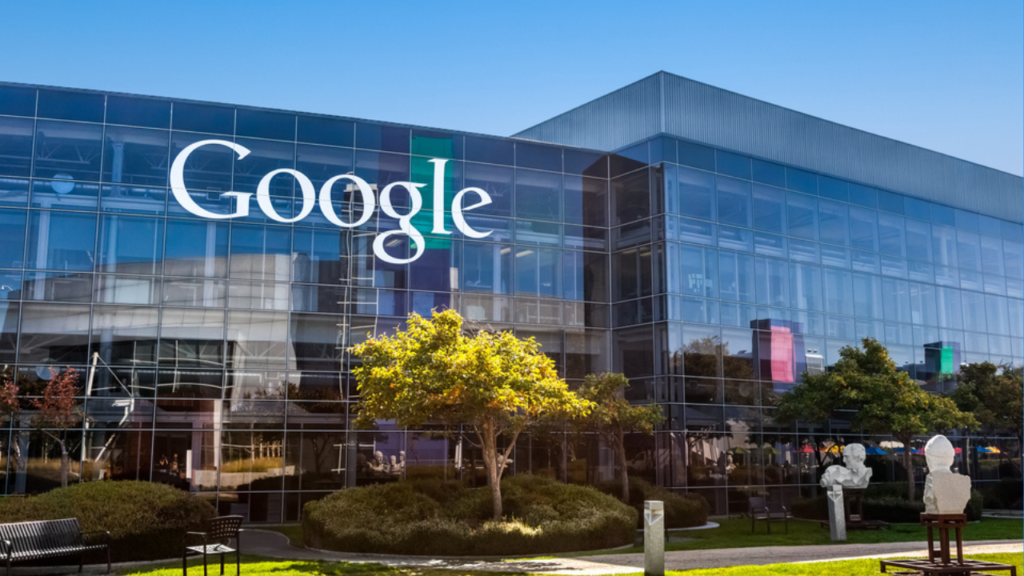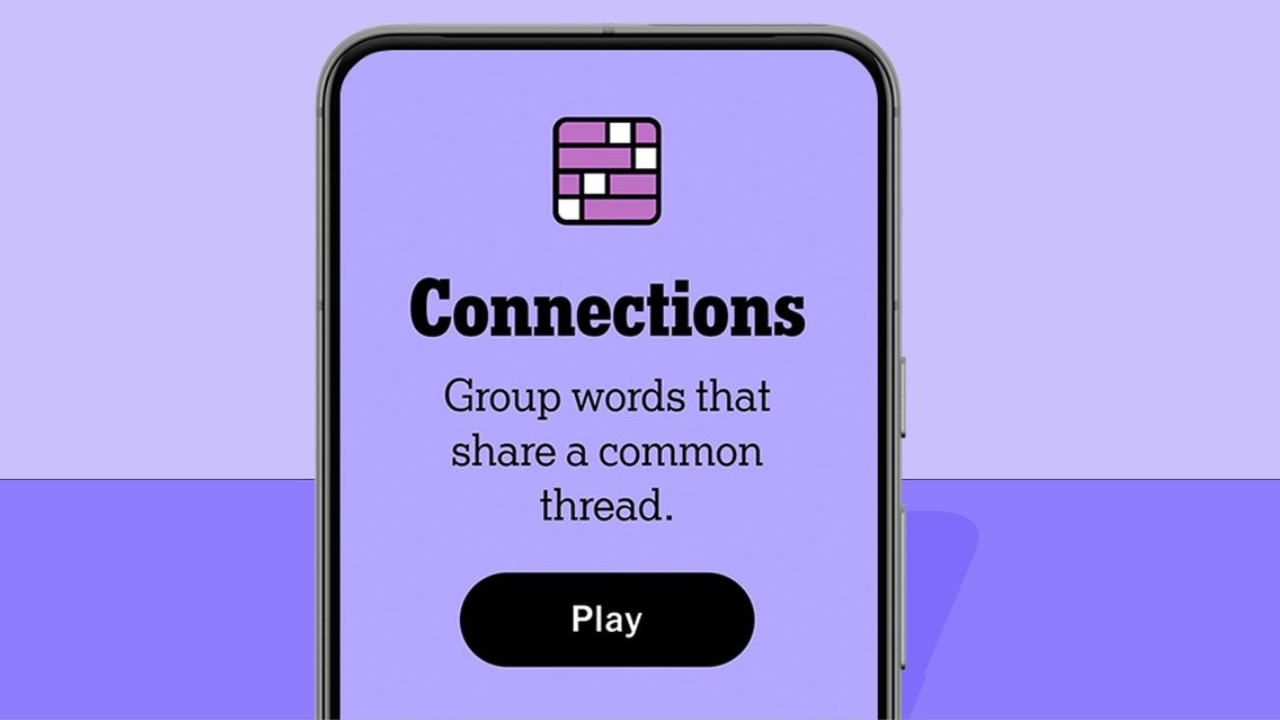A U.S. judge has officially labeled Google as a monopoly, a landmark decision that will likely reverberate through the tech world for years. With appeals pending, Google could face substantial restructuring, including the potential divestiture of its Android operating system—a move that could dramatically alter the mobile industry.
Implications of the DOJ’s Decision
The Information detailed the significant consequences of the Department of Justice’s (DOJ) ruling, emphasizing the necessity for Google to end its exclusivity agreements with companies like Apple. However, the most intriguing aspect involves the possibility of Google being compelled to separate from Android, its highly popular mobile OS.
Judge Amit Mehta highlighted Android’s pivotal role in maintaining Google’s monopoly in his ruling. By integrating Google Search into devices from manufacturers like Samsung, Android perpetuates Google’s dominance in search. This integration is central to the DOJ’s focus on Google Search, making Android a critical element in the case.
The Potential Fallout of Divesting Android
Avi Greengart, a consumer technology analyst and President of Techsponential, noted in a statement to Tom’s Guide that forcing Google to divest Android would not just restructure the company but reshape the entire mobile industry. If Google relinquishes control over Android, an independent entity might not prioritize promoting Google Search. Nevertheless, given users’ preference for Google Search, it could remain the default search engine, even under new ownership. This preference might shift as AI technologies like OpenAI’s chatbots gain traction, but Google currently remains the leader in the search market.
The Road Ahead for Google
Achieving a non-monopolistic status for Google will require significant adjustments. Whether through divesting Android or dismantling key partnerships, major changes are on the horizon. However, the lengthy appeals process means these changes will unfold over an extended period.
Greengart remarked, “Nobody knows what remedies the government will ask for, and, in theory, a structural breakup is definitely a possibility. However, in the real world, it would be difficult and potentially disastrous for competition—the very thing the DOJ aims to protect.”




















